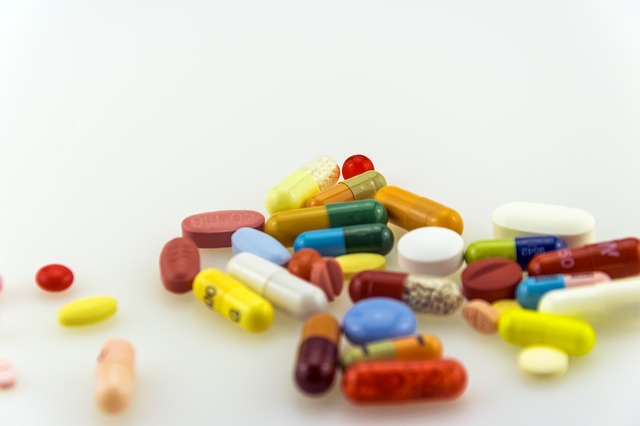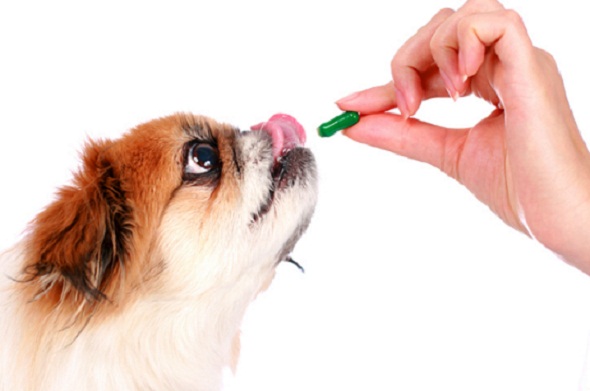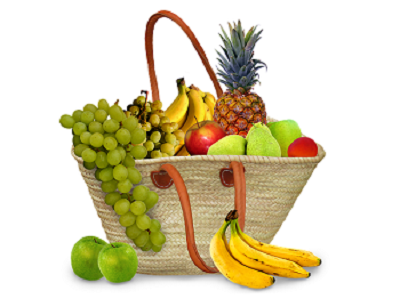Spicy Fermented Salsa for a Healthy Kick
If you are looking for a fun and healthy way centerpiece to your latest gathering, this spicy fermented summer salsa could be a great way to heat things up during the cold winter months.
If you’re wondering why you should trade in your normal store-bought salsa for some fermented probiotic salsa, the reason is quite simple. Health!
The same bacteria that gives sauerkraut and kimchi their distinctive flavor and probiotic health benefits live inside this fermented salsa. Basically, by letting your salsa sit out for a few days, you help all kinds of beneficial bacteria to grow and flourish, eating the sugars that are being broken down by the salty liquid.
Benefits of fermentation
So what are the benefits of fermenting your food and ingesting probiotics? The truth is they are extensive and far-reaching.
Digestive Health
Probiotics can help with overall digestive health management in a number of ways. If someone struggles from diarrhea, probiotics have been known to help treat it.
After a person is prescribed antibiotics to help treat an infection of some kind, those antibiotics can also kill healthy microbes as well. The loss of healthy microbes can impact your gut’s health and reduce its ability to absorb nutrients. Luckily, ingesting probiotics can restore those healthy colonies and help your body’s digestive tract in a matter of weeks.
Immunity
Perhaps not so surprisingly, probiotics can have a very positive impact on your immune system. The reason why, is because healthy bacteria can help you body’s defense system identify and kill pathogens trying to infect the body.
A strengthened microbiome helps protects you by strengthening the gut wall, competing with harmful bacteria for both space and food, and regulation inflammation.
In return for keeping our insides, the healthy bacteria living inside our bodies also literally make you crave healthier food. It’s call the gut-brain axis, and it helps you stay healthy while keeping you away from unhealthy snack foods and making you crave organic prebiotics like fruits and vegetables.
Allergies
The evidence that probiotics can improve allergies and skin irritations like eczema is still quite young, but it is substantial. A study found a relationship between women taking probiotics during pregnancy and a 30 percent reduction in the instance of eczema in their infants.
It is something to absolutely keep in mind if you or your partner is expecting.
Skin Health
Some probiotic strands have been found to be effective in reducing the impact and flare ups of acne. Namely, Lactobacillus, L. acidophilus, and B. bifudum, have been used as topical treatments and have been shown to result in a lower number of active skin lesions.
Urinary Health
There is emerging evidence that regular probiotics can help prevent bad bacteria from invading the urinary tract by maintaining a population of healthy bacteria in the urinary tract.
Because urinary tract infections are so common, especially amongst women, many of those who suffer from them take antibiotics. What probiotics can do, however, is help battle a future infection from taking place.
Bloating
One of the most common and most noticeable positive impacts that that probiotics can have on your body is that they can help reduce bloating. While there may be some noticeable gas when you first begin taking probiotics, overtime bloating and and even weight gain can be reduced.
What you need to make your salsa
The recipe list is somewhat long for this salsa, but when you head to your local grocery store, you’ll find that it’s not much more than 10 bucks! Just so you know, the amount of these ingredients are good for about one quart of salsa. It’s important to keep in mind when it comes to what size of fermentation jug you’re going to use (a mason jar is perfectly fine if you have one lying around),
Ingredients
- 1 1/2 pound tomatoes, diced
- 1/2 red onion, diced
- 1/2 serrano pepper, minced
- 1 whole jalapeño pepper, minced
- 5-6 cloves of garlic, minced
- 1/2 cup fresh cilantro, chopped
- 1/2 teaspoon ground cumin
- 1 teaspoon pickling salt or unrefined sea salt
- 1 lime, juiced
- 3-5 tablespoon of extra-virgin olive oil
How to do it
- In a medium mixing bowl, blend all of the ingredients together EXCEPT for the olive oil. Then, pour the salsa into a quart-sized jar or fermentation jug and use a wooden chopstick or thin wooden to release any of the air bubbles trapped underneath the surface.
- Next, add a half-inch layer of olive oil on top. The olive oil actually serves two purposes here. First, it prevents the vegetables from rising above the salt water liquid and growing mold. Second, it adds a thickness and richness to the salsa, as well as a wonderful flavor and a beautiful glossy texture.
- After that, seal the jar with a lid loosely and keep it out of direct sunlight for 2-4 days. The warmer your room temperature is, the faster your salsa will ferment. Soon enough, you’ll start to see bubbles forming as the lactic acid bacteria begin to grow and colonize your fermenting salsa.
- By day four or five, your salsa will be complete and will have the bold and tangy flavor that lovers of fermented veggies love. You could leave it to ferment for even longer if you want, but the fermentation process will only continue. If you want to slow the process, throw your salsa in the fridge to cool it down and snack on it as you wish or lay it out for a dinner party and have your family and friend ooh and ahh at this incredibly delicious and healthy treat!
Good luck!





One Comment